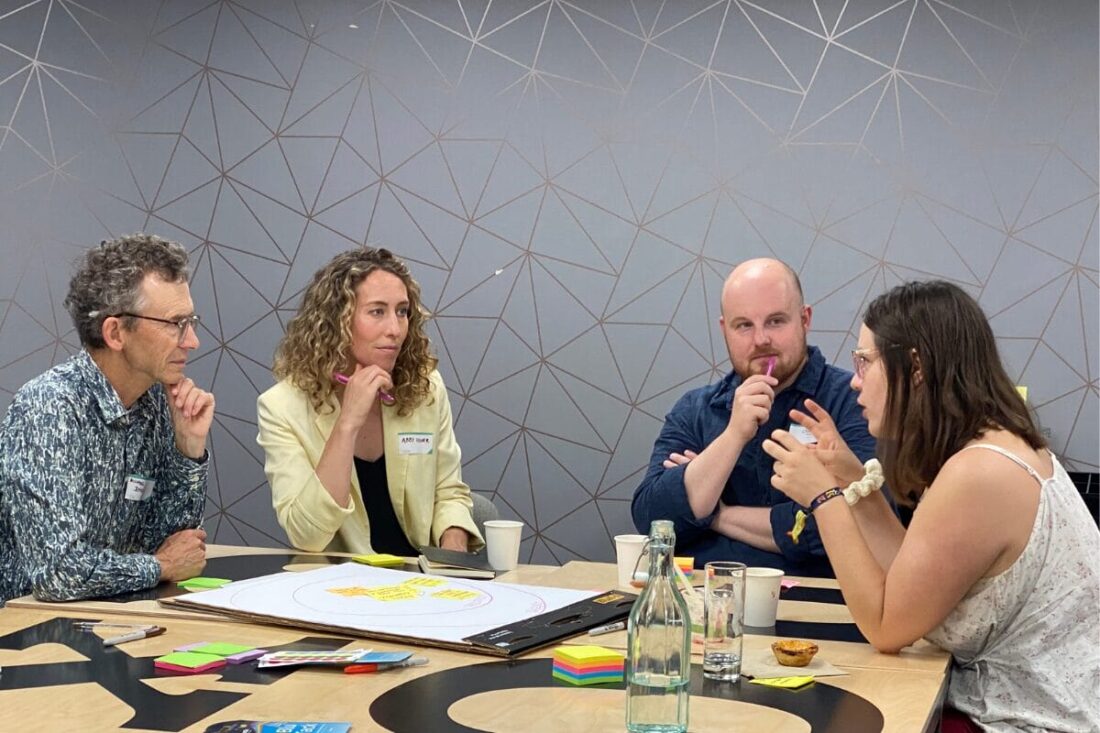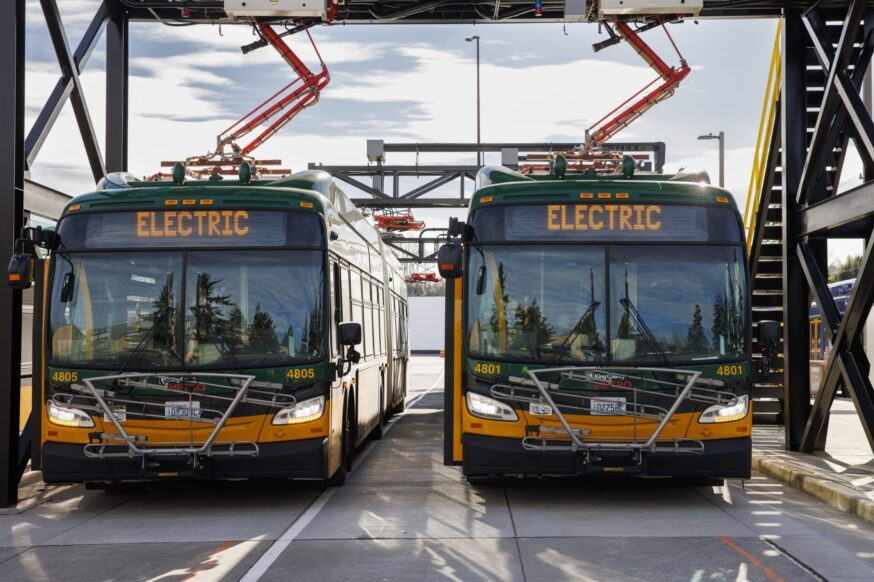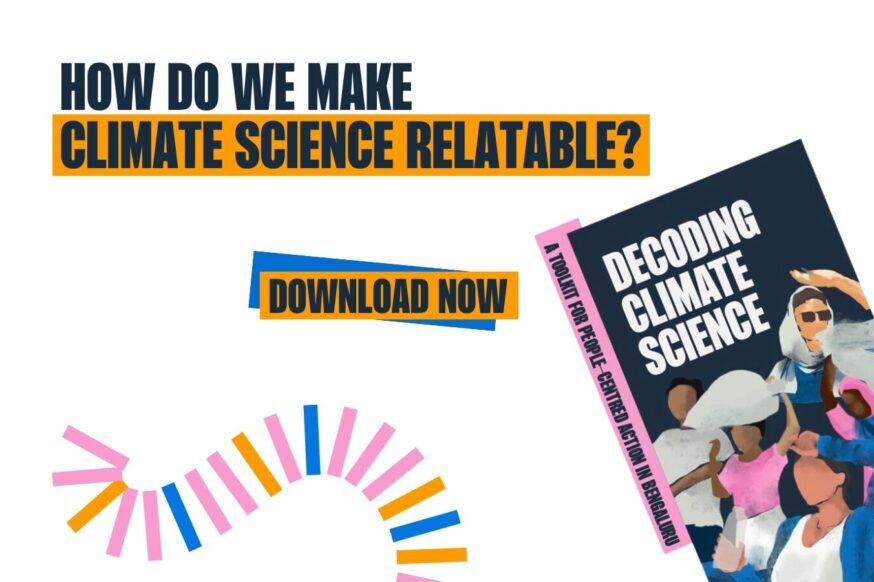
A MOMENT OF VOLATILITY—AND OPPORTUNITY
The climate crisis is intensifying, but our systems for addressing it remain fragmented and underpowered. Despite increased investment and local leadership, cities struggle to keep pace with the scale and urgency of the challenge. As federal funding fluctuates and political support becomes less predictable, cities are being asked to do more with less, and faster.
Yet in this volatility lies opportunity. Disruption creates space to rethink how the climate ecosystem operates. We now have a chance to move beyond rapid-response funding and short-term wins, toward long-term resilience, equity, and structural reform.

A CALL TO WORK DIFFERENTLY, TOGETHER
In July 2025, the Centre for Public Impact (CPI), in partnership with C40 Cities, Climate Mayors, the Urban Sustainability Directors Network, and the Kresge Foundation, hosted a closed-door roundtable at the Aspen Ideas: Climate event. The session convened 30 city leaders, funders, and nonprofit partners under the Chatham House Rule to reflect on barriers, unlock new thinking, and co-develop priorities for action.
The event reaffirmed a straightforward yet urgent truth: if we want different outcomes, we must work differently, together.
FROM BARRIERS TO STRATEGIES
This report shares what we heard and what it could mean for cities and funders alike:
- Barriers to progress persist across the system: misaligned goals, siloed governance, fragmented funding, ineffective messaging, and equity that is often treated as an add-on rather than embedded.
- Activating leverage points can lead to transformation: areas of opportunity include reframing climate goals around community outcomes, building coalition capacity, investing in the “connective tissue” of systems, and supporting local leaders as system stewards.
- Commitments in motion demonstrate that change is possible now: participants left with 60-day shifts to test, ranging from reworking city goals and shared governance models to evolving philanthropic investment practices.


